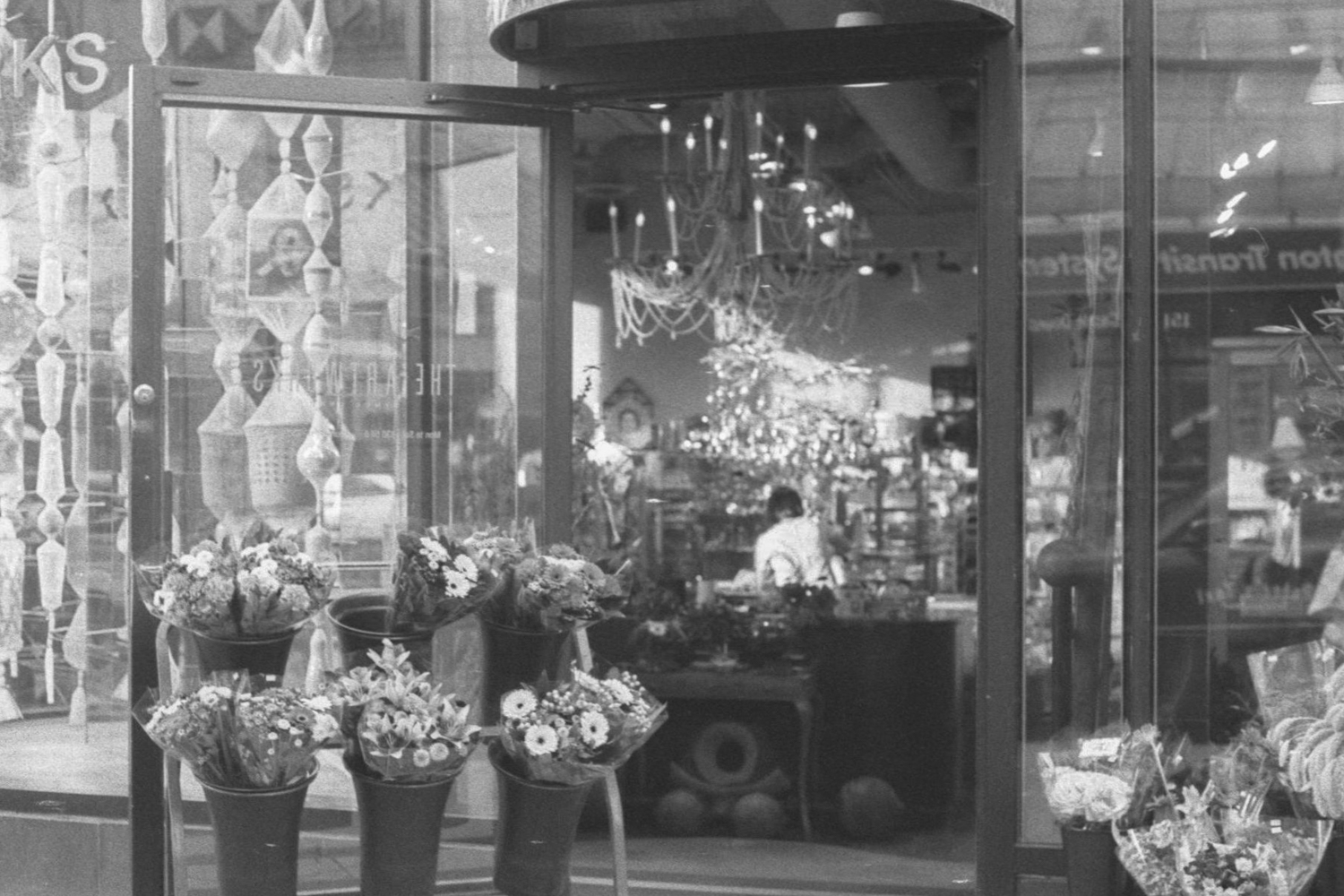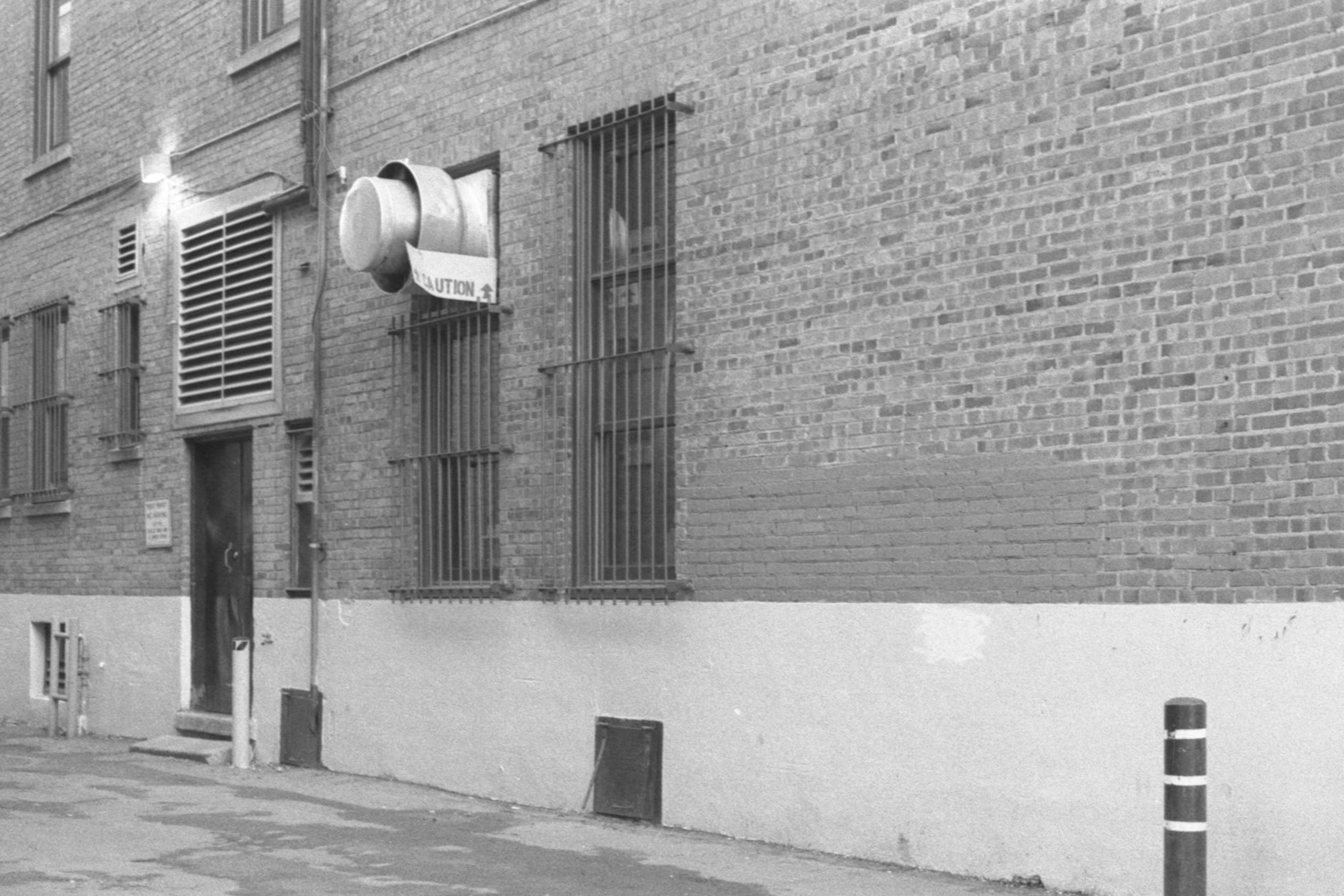Sharing my first time working with film; (If you thought this post was going to be about bread, I'm so sorry.)
In my first year of the Photographic Technology program, I had a course called Basic Camera Functions and Operations, where my instructor, Akemi Matsubuchi, taught the class how to shoot and develop our very own roll of film. I was really looking forward to this, because one of my clearest memories from growing up is my dad showing me all his old photos, negatives, and slides that he had taken when he was growing up. I always wondered how he took them, but at that time, I didn't have enough interest to sit down and learn, probably because I was distracted by other things like Sailor Moon, Hello Kitty, and Cardcaptors. (Oh yes, baby.) And so, when this unit in the course rolled around, I was ready.
Each student was lent a film camera to use for a whole month, and we could take photos of whatever we liked. Then, once our roll was filled, we spent a class learning how to develop it in NAIT's dark room. Both the shooting and the developing was challenging for me, because I wasn't comfortable with determining the correct exposure of a scene without the help of a meter, and I still struggle with it today. To help me with the images I took above, I first metered the scene with my digital camera, and then took the photo with the film, just so that I could guarantee some decent-looking shots. With some, I did capture them without that process, and I'm sure you can tell which ones those are. Aside from the metering obstacle, I really enjoyed using the film camera. I loved the feel of it in my hands - it was light, compact, and it looked great, too. (I have to say, it bumped my outfits up a good couple notches.) Plus, its size, combined with the lens, was perfect for going on long walks and capturing street photos.
Now about the developing process, that was a whole other challenge! I don't even remember anything of what I did, even though I followed a step-by-step guide and some things I did in the dark and involved chemistry, and ahhhhh it's all a blur now. What I do remember is that I had fun, and once I held my strip of film against the light, I knew the effort was worth it. However, I don't think I can shoot or work with film regularly on my own, even if I did become comfortable with the process. From what I hear, it's pricey, and as someone who is a low-key perfectionist who tends to overshoot everything, I don't think it makes sense for me at this point in my work.
Still, I love the idea of keeping it as a hobby on the side, especially since I now have my own film camera and friends who occasionally shoot with theirs, so I'm sure this won't be the last roll that you'll see from me!















